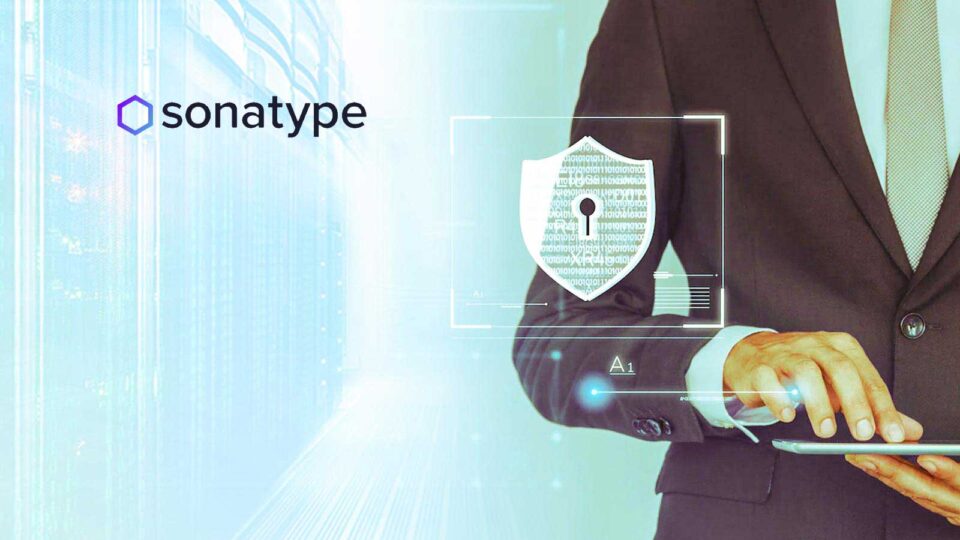Application security leaders are more bullish than developer leaders on generative AI, though both agree it will lead to more pervasive security vulnerabilities in software development
New research from software supply chain management company Sonatype reveals how generative AI is influencing and impacting the work of software engineers and the software development life cycle. According to the 800 developer (DevOps) and application security (SecOps) leaders surveyed, virtually all (97%) are using the technology today, with three-quarters (74%) reporting they feel pressure to use it despite identified security risks. In fact, most respondents agree that security risks are their biggest concern associated with the technology, underscoring the critical need for responsible AI adoption that will enhance both software and security.
CIO INFLUENCE: CIO Influence Interview with Lior Yaari, CEO and Co-Founder at Grip Security
While DevOps and SecOps respondents hold similar outlooks on generative AI in most cases, there are notable differences with regards to adoption and productivity. Key findings among the two groups include:
- SecOps are early adopters: Nearly half (45%) of SecOps leads have already implemented generative AI into the software development process, compared to less than one third (31%) for DevOps.
- SecOps teams save more time: SecOps leads see greater time savings than their DevOps counterparts, with 57% saying generative AI saves them at least 6 hours a week compared to only 31% of DevOps respondents.
- There are differing opinions on benefits: When asked about the most positive impacts of this technology, DevOps leads report faster software development (16%) and more secure software (15%). SecOps leads cite increased productivity (21%) and faster issue identification/resolution (16%) as the top benefits.
- Open source code will be a bigger target: More than three-quarters of DevOps leads say the use of generative AI will result in more vulnerabilities in open source code. Surprisingly, SecOps leads are less concerned at 58%. Further, 42% of DevOps respondents and 40% of SecOps leads say lack of regulation could deter developers from contributing to open source projects.
- DevOps and SecOps leads both want more regulation: Asked who they believe is responsible for regulating the use of generative AI, 59% of DevOps leads and 78% of SecOps leads say both the government and individual companies should be responsible for regulation.
CIO INFLUENCE: CIO Influence Interview with Aliza Freud, Founder and CEO at SheSpeaks
“The AI era feels like the early days of open source, like we’re building the plane as we’re flying it in terms of security, policy and regulation,” said Brian Fox, Co-founder and CTO at Sonatype. “Adoption has been widespread across the board, and the software development cycle is no exception. While productivity dividends are clear, our data also exposes a concerning, hand-in-hand reality: the security threats posed by this still-nascent technology. With every innovation cycle comes new risk, and it’s paramount that developers and application security leaders eye AI adoption with an eye for safety and security.“
CIO INFLUENCE: CIO Influence Weekly Highlights : Top CIO Influence News To Read
[To share your insights with us, please write to sghosh@martechseries.com]


